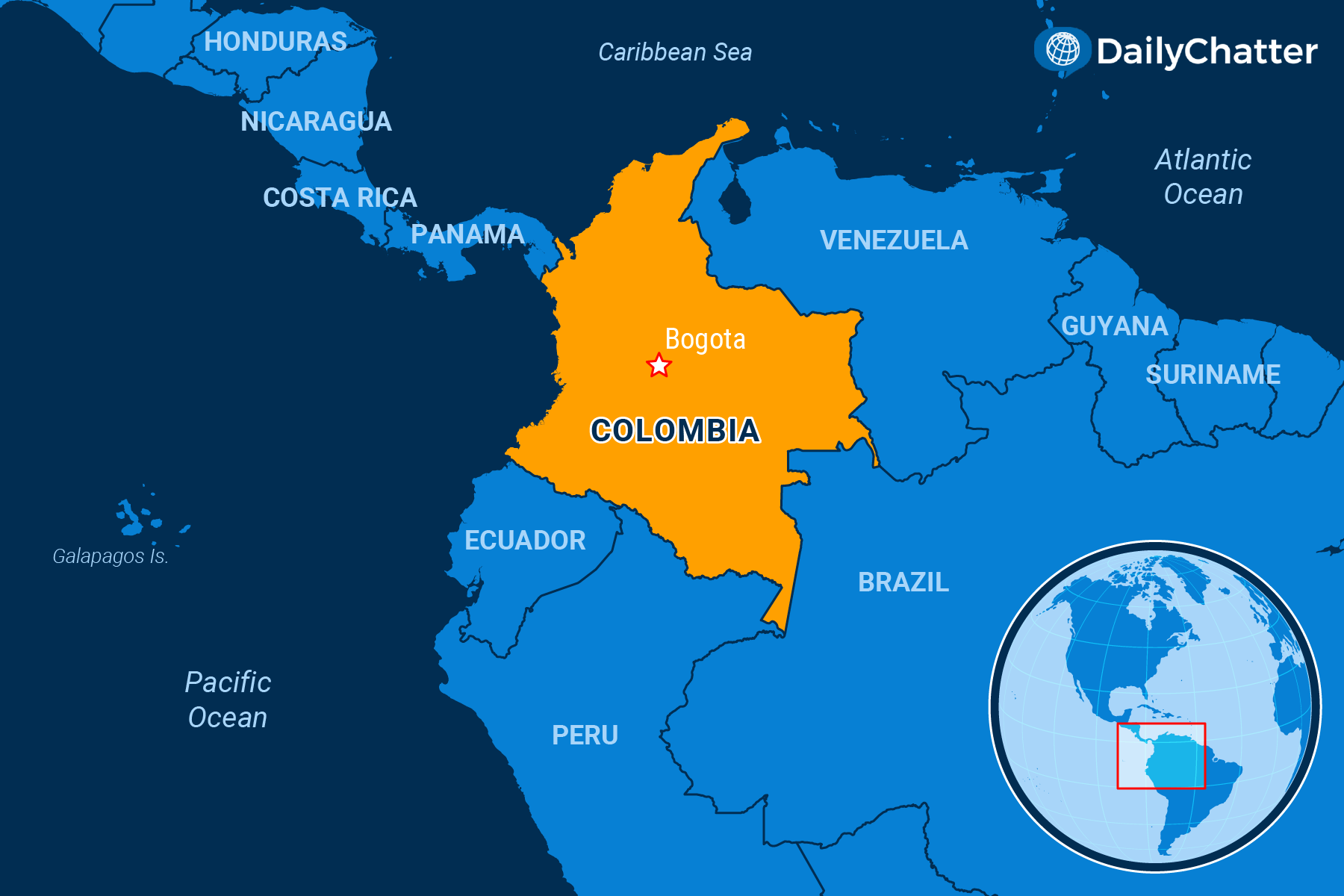ECUADOR

Rescue Us
Ecuadorans hope whoever wins their upcoming presidential election will throw them a lifeline.
That’s because in 2020, Ecuador’s economy shrunk by 11 percent, wrote Bloomberg. Covid-19 and lockdowns were mostly to blame for the pain. But policy was also a culprit.
In September, current President Lenín Moreno secured a $6.5 billion loan from the International Monetary Fund (IMF) after slashing $4 billion in public spending, cutting government services, closing state-owned companies, decreasing military spending as well as selectively defaulting on and restructuring debt, the Americas Society/Council of the Americas explained.
As a result, left-wing economist Andres Arauz, who is 35, is currently ahead in the polls ahead of elections on Feb. 7, according to Reuters. He has pledged to reject the IMF’s austerity plan, boost government spending and giving $1,000 checks to millions of families struggling to make ends meet.
Arauz is running as an ally of former President Rafael Correa, a popular left-wing ex-president who left office in 2017. A court found Correa guilty on corruption charges in absentia, however, forcing him to go into exile in Belgium, as Agence France-Presse explained. Correa maintains that the charges were false and politically motivated.
While he may lead, Arauz might not win outright in the Feb. 7 vote, necessitating a runoff between the top two candidates on April 11.
His primary rival is conservative banker Guillermo Lasso, who has pledged to increase oil production and attract more investment. Lasso is running for president for a third time. His name recognition could help him attract the anti-Arauz-Correa vote, Americas Quarterly wrote.
In distant third place is indigenous rights activist Yaku Perez. He wants to ban mining and limit the oil production that has polluted the South American’s country’s Amazonian jungle. Moreno is not running for reelection.
Oil has always been central to Ecuador’s economy and politics. A remarkable story in the Intercept that described the fate of an American lawyer who successfully sued Chevron for its activities in Ecuador illustrates the connection between the two.
Now, however, oil is poised to play an even more crucial role in the country. Recently, leaders in the capital of Quito withdrew from OPEC – they did so to avoid the group’s production caps in anticipation of more pumping to pay for more government spending to rescue the economy, wrote OilPrice.com. Part of that plan could involve a deal with the US that would privatize Ecuador’s oil industry and ban Chinese influence therein, argued the Hill.
Whether or not more oil will help is an open question. European banks, for instance, recently announced they would pull out of the Ecuadoran oil market because of its environmental impact on the rainforest, the Wall Street Journal reported. At the same time, Ecuadorean bonds tumbled this month because of fiery rhetoric from Arauz, Reuters noted.
What’s clear is that that many hope for a return to the not-so-distant past, a time before Covid-19, before economic collapse, before hardship, and are looking to Arauz to provide that. But no matter who wins, say observers, those good times are gone, at least for long while.
W


